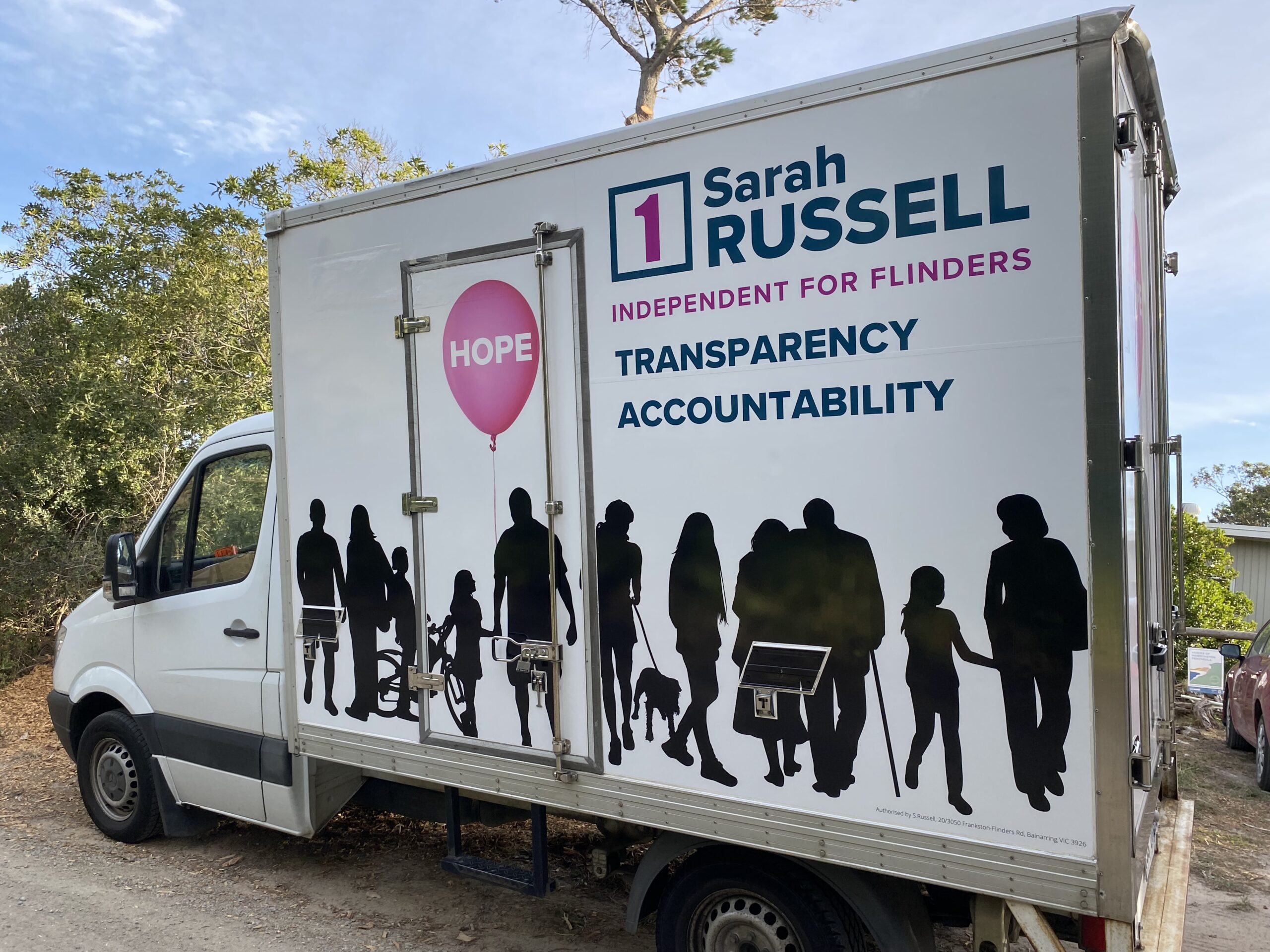Decisions made by government affect all of us, every day of our lives. That’s why we must be able to hold politicians and public servants accountable for their decisions.
To do this effectively, we require transparency. We need transparency and accountability from all who work in government and in public service.
Transparency in government means that politicians and public servants act openly and share information with all citizens. Politicians and public servants must accept responsibility for their actions and decisions.
Transparency and accountability are the cornerstones of a government that citizens trust; policies that are evidence based; and policies that are not influenced by vested interests.
Australians have lost trust in government because decisions are being influenced by vested interests.
The first step to restoring trust is a National Anti Corruption Commission. Although recent legislation is welcomed, it contains a serious flaw in relation to public hearings. It precludes the holding of a public hearing unless there are “exceptional circumstances”. Public hearings are fundamental for an integrity commission to be effective.
To improve transparency and accountability, we need so much more than a National Anti Corruption Commission. To restore trust, and improve transparency and accountability, we need immediate action in the following areas:
- Political Donation Laws
- The Australian National Audit Office
- The Freedom of Information Act
- Australian Broadcasting Corporation (ABC)
- Parliamentary Code of Conduct
- The Australian Public Service
- The Electoral Act
Political Donation Laws
We should know exactly who is donating to political parties, and when.
In Federal legislation, only donations above $14,500 have to be publicly disclosed. There is no upper limit to the amount that can be donated to a political party. Loopholes in current donation laws have allowed millions of dollars to be donated anonymously to federal political parties. More than $1 billion from unknown sources has been donated to the major parties since 1999.
Ten donors were responsible for nearly one quarter ($4.2 million) of all political donations last financial year. The influence of millionaire donors has helped corrupt our political system.
Suggested changes include:
- Donations of $1,000 or more must be disclosed.
- There should be a cap on political donations of $5,000 per person/entity.
- The definition of a political donation should be expanded to include fundraising events, membership fees and similar.
- There should be real time disclosure of political donations.
There must be adequate funding of the Australian National Audit Office to ensure 48 performance audits can be conducted each year by the national auditor. This funding should be enshrined in legislation to protect the Australian National Audit Office from political interference.
Without the Australian National Audit Office performance audits, the public would not have known about numerous government rorts including sports and car park rorts.
TheFreedom of Information Act
Being able to access information about the decisions made in our names helps keep decision makers honest.
Australia’s right to information laws and procedures currently rank 68th of 135 countries. The Coalition government processed only 77% of Freedom of Information requests within the lawful timeframe in the 2020-21 financial year.
Complaints about the Coalition government’s handling of Freedom of Information requests increased by 39% in the last financial year. The Prime Minister’s office complied with legally imposed deadlines in just 7.5% of the Freedom of Information requests it received last year.
The Freedom of Information Act needs simplifying and strengthening. We need to:
- Rewrite the Freedom of Information Act in accessible language.
- Strengthen the Freedom of Information Act to favour openness over secrecy unless identifiable harm overrides the public’s right to know.
- Strengthen the requirement for government to proactively release and publish information.
- Give adequate funding to government agencies so they can comply with requests for information in a timely manner.
- Ensure the Office of the Australian Information Commissioner has the resources and appropriate power to hold ministers and public servants to account.
Australian Broadcasting Corporation (ABC)
An impartial, well-resourced national broadcaster plays a vital role in holding government to account.
The ABC’s watchdog role is more important than ever, especially with mainstream media ownership increasingly concentrated.
- The ABC needs guaranteed funding that is not subject to any political interference.
- The ABC must receive adequate resources so it can continue to provide news and current affairs content – locally, regionally and nationally; and conduct investigative journalism.
- Appointments to the ABC board must be made by a committee of federal politicians from all political parties instead of on the advice of a government minister.
- I support calls for a Royal Commission into media diversity and ownership.
Parliamentary Code of Conduct
The Parliamentary Code of Conduct needs to be broadened and enforced. The Code of Conduct should apply to all politicians and their senior staff, and senior officials who work in public service, including the armed services.
A rigorous Parliamentary Code of Conduct will stop public officials taking their considerable knowledge of government and their political influence into the private sector for personal gain.
- The Australian Public Service
We need a Public Service that is non-partisan. The public service must serve all Australians by providing frank and fearless advice to ministers.
- The Electoral Act
I support Zali Steggall’s Stop the Lies Bill (2021) that amends the Commonwealth Electoral Act to make it an offence to publish misleading or deceptive content.
